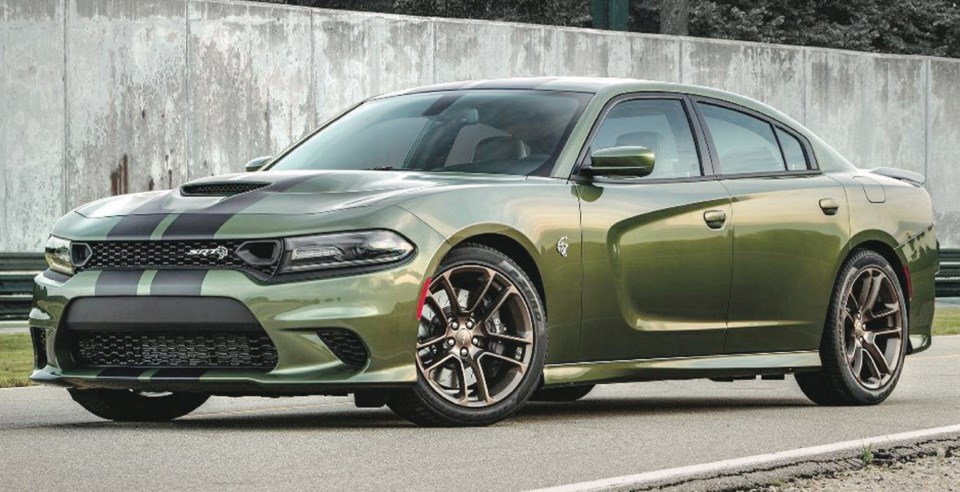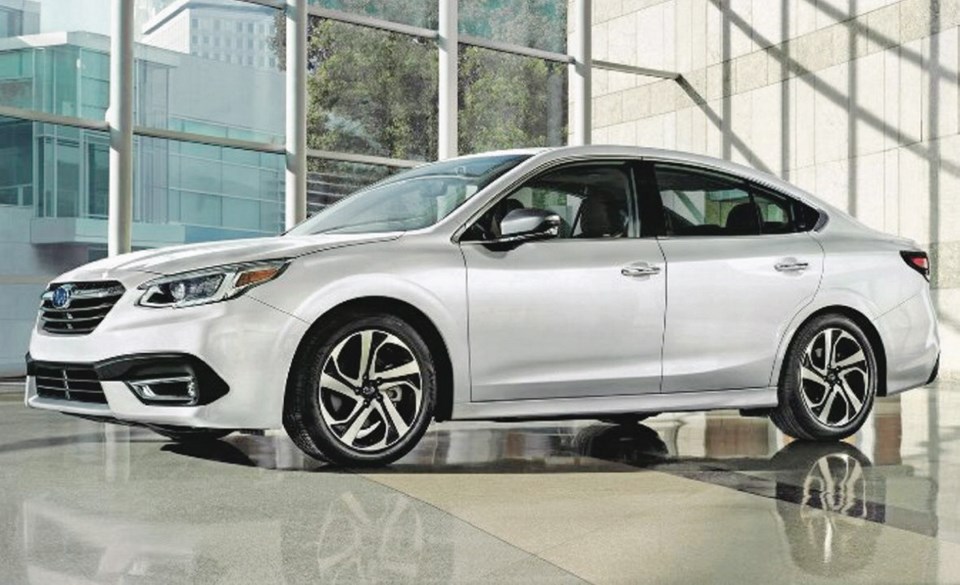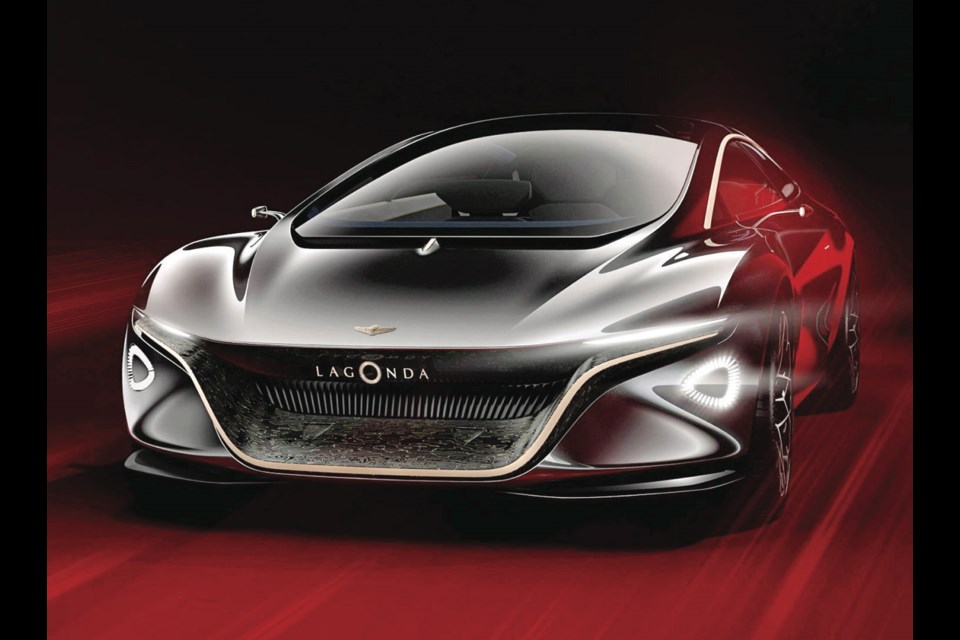Aston Martin’s new luxury ride will be propelled by twin electric motors (one for each axle), making it the company’s first electric car. Aston Martin Lagonda (the full name of the Aston Martin company) states that the Lagonda will remain true to the Vision Concept model that was first shown in 2018. Also promised is leading-edge autonomous-driving capabilities along with over-the-top luxury content. Exact performance details, such as electric range, are expected to be revealed later this year.
The N-th degree for Tucson
In this case, N stands for Hyundai’s performance trim level that’s currently available only for the Veloster. The Spymaster’s intel gatherers report that the Hyundai Tucson compact utility vehicle will be the next in line to receive the N treatment for North America. The expected rating for the N’s turbocharged four-cylinder engine is 340 horsepower. Given that the optional non-turbo four-cylinder makes 181 horses, the Tucson N would trump that by nearly double. Word also has it that the Tucson N’s zero-to-100-km/h time will be about six seconds, which will likely best most competitors. The Tucson N is expected some time in 2020.
Will the Borrego be back?
That’s the question on the Sleuth’s mind after receiving reports that Kia is planning yet another new utility vehicle as a followup to the fullsize 2019 Telluride. (If memory doesn’t serve you well, the original Borrego was around for 2009 and 2010 model years.) There are also rumours to that effect swirling around in the blogosphere, but Kia might instead call it Mohave, which was the Borrego’s handle outside North America. It’s also believed that the upcoming model will be more robust than any of Kia’s existing wagons, with definite off-road leanings. A body-on-frame chassis or a V-8 option that the original Borrego offered is unlikely, however.
Changes coming for the Dodge Charger

And by changes, the Spy Guy is hearing from sources that a number of long-overdue alterations to the Charger’s sheetmetal are in the works for the 2020 model year, but likely limited to a slightly altered grille and rear end. Most noticeable, though, will be a wide-body option — similar to the Dodge Challenger — that flares out the fenders to accommodate wider rubber. To get the look, Charger customers will need to opt for the high-performance R/T Scat Pack or Hellcat models. Since smaller-displacement powerplants (with electric assist) are expected to replace both engines some time in 2021, the window of opportunity to acquire this kind of V-8 muscle is beginning to close.
A new engine and a big tablet for Subaru

The Sleuth caught a good look at the automaker’s latest all-wheel-drive Legacy sedan that goes on sale this fall as a 2020 model. Along with the subtly tweaked sheetmetal that now looks more upscale, the most obvious change is inside where an optional 29-centimetre tablet-style screen absolutely dominates the dashboard. Another notable change is the availability of a turbocharged 2.4-litre four-cylinder engine that replaces the non-turbo six-cylinder. The new engine makes about the same horsepower (260 versus 256) and peak torque increases to 277 pound-feet from 247. Meanwhile, the mostly new non-turbo 2.5-litre four-cylinder base engine delivers 182 horsepower and 176 pound-feet (previously 175/174). A continuously variable transmission remains standard.
Inventor of the HANS device has died at age 75

Robert Hubbard is credited with developing the life-saving Head And Neck Support (HANS) device that most professional racing drivers have worn for more than 15 years. Following the death of racing driver Dale Earnhardt from a basilar skull fracture while competing in the 2001 Daytona 500 in Florida, the HANS device has become mandatory for all NASCAR and IndyCar competitors.s



